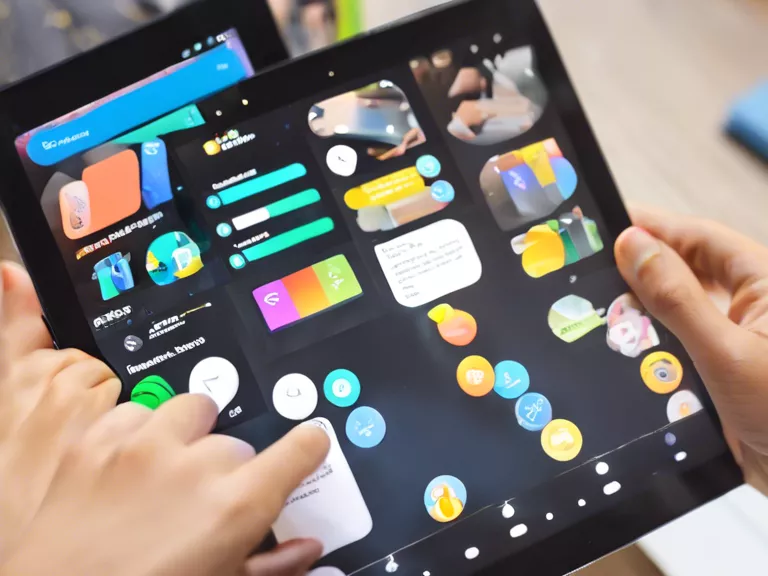
In today's digital age, mobile apps have revolutionized the way we learn new languages. With access to a wide range of language learning apps, learning a new language has never been easier or more convenient. Whether you're a beginner looking to pick up basic phrases or an advanced learner striving for fluency, mobile apps offer a host of features and benefits that cater to learners of all levels.
One of the key advantages of using language learning apps is the flexibility they provide. With just a smartphone or tablet, learners can access lessons and practice exercises anytime, anywhere. This means you can fit language learning into your busy schedule, whether you're on the go, waiting in line, or relaxing at home. By incorporating language learning into your daily routine, you can make steady progress towards your language goals.
Mobile apps also offer a personalized learning experience tailored to your individual needs and preferences. With features like interactive exercises, vocabulary drills, and pronunciation practice, learners can engage with the material in a way that suits their learning style. Additionally, many apps use artificial intelligence technology to track your progress and provide feedback, helping you focus on areas where you need improvement.
Furthermore, language learning apps often incorporate multimedia elements like videos, audio recordings, and games to make the learning process engaging and fun. By immersing yourself in the language through these interactive features, you can improve your listening comprehension, speaking skills, and cultural understanding. This multimedia approach not only keeps learners motivated but also helps them retain the material more effectively.
In conclusion, mobile apps have transformed the way we learn new languages by providing convenient access to a wealth of resources and personalized learning experiences. Whether you're learning for travel, work, or personal enrichment, language learning apps can help you achieve your language goals efficiently and effectively.



